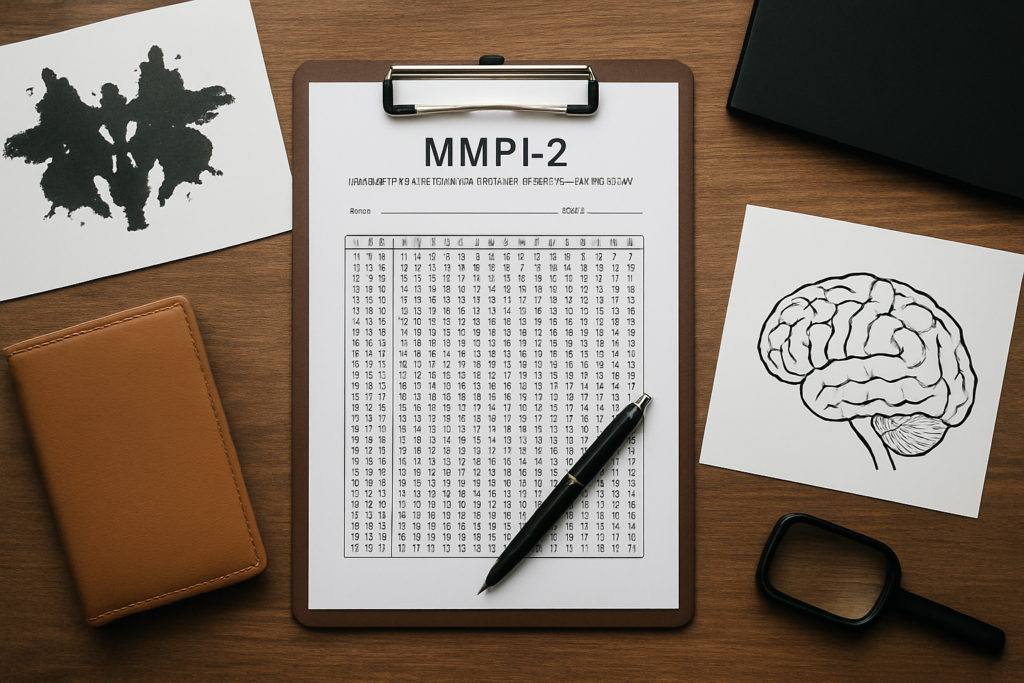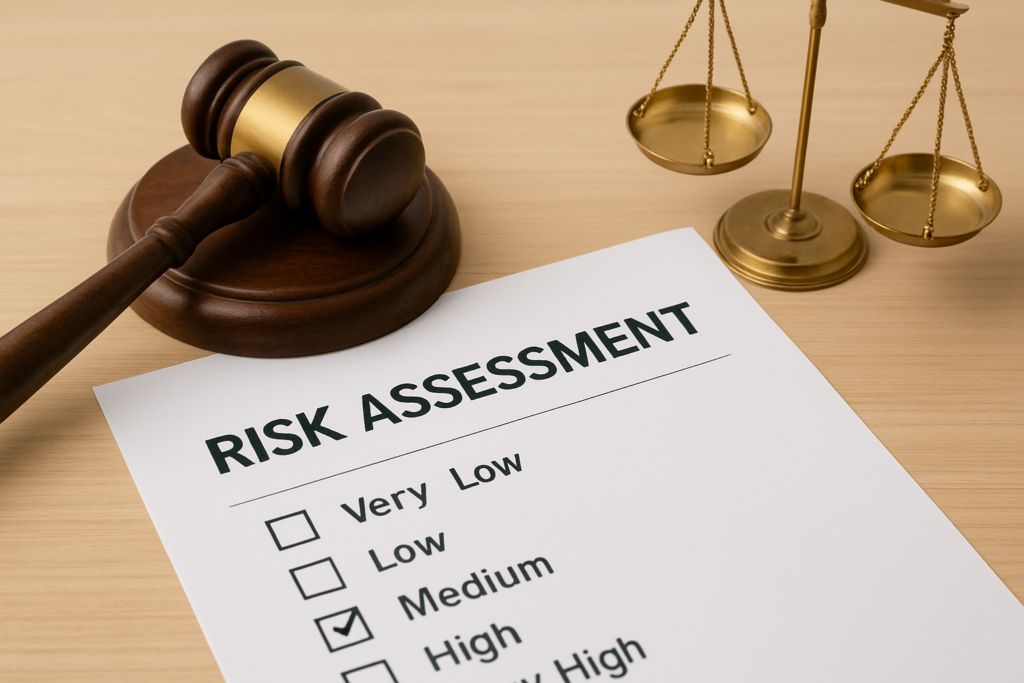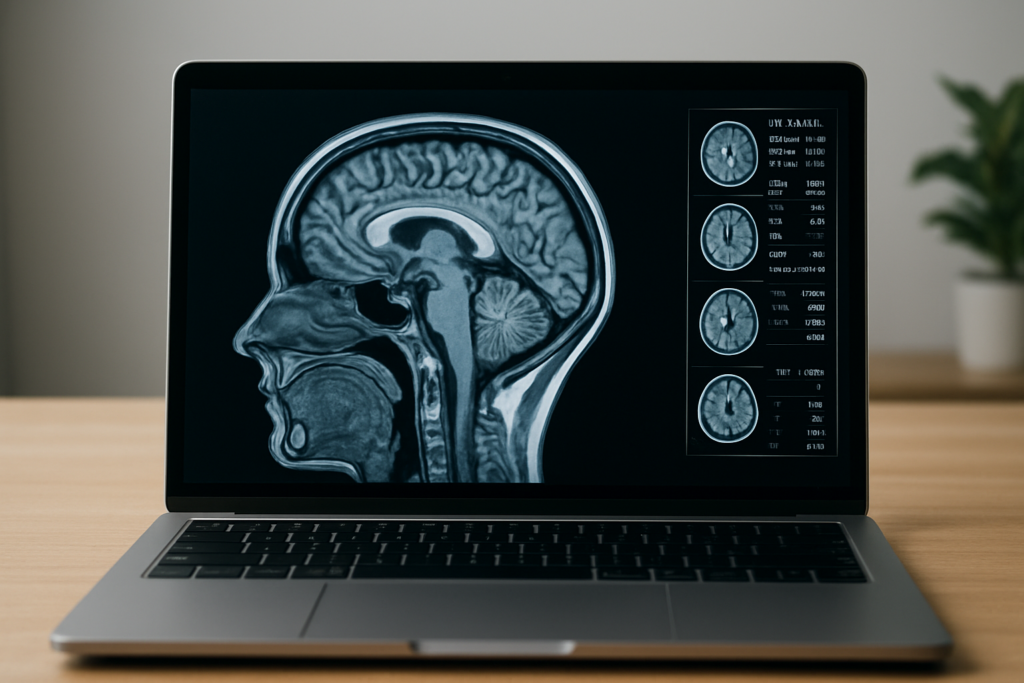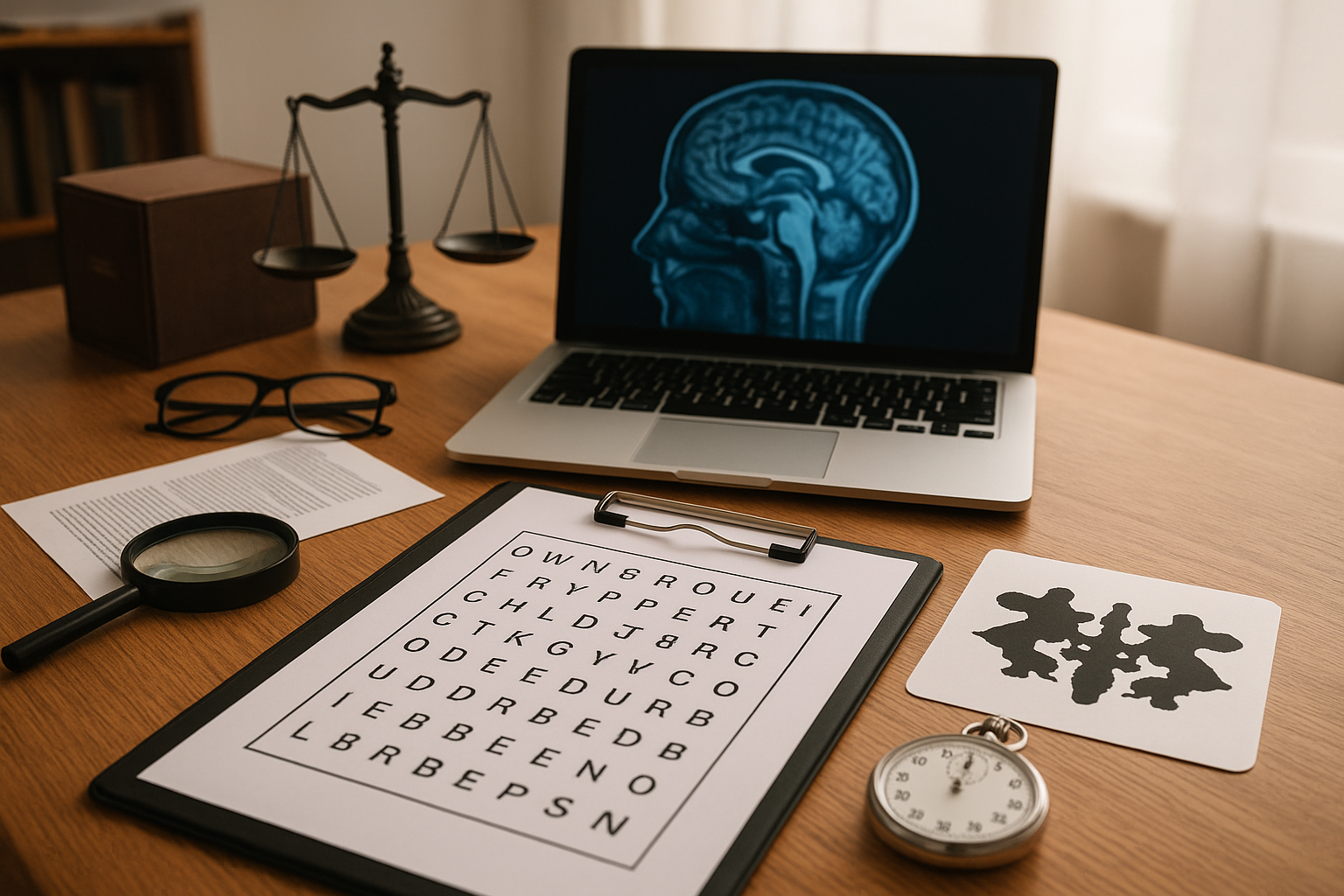Common Tools Used By Forensic Psychologists
Forensic psychology assessment tools are scientifically validated instruments used by mental health professionals to evaluate psychological conditions in legal proceedings. These standardized testing methods measure cognitive abilities, personality traits, emotional states, and behavioral patterns to provide objective evidence in criminal, civil, and immigration cases. Professional forensic psychologists employ multiple assessment types including psychological tests, structured interviews, risk evaluation instruments, neuropsychological assessments, and behavioral observation techniques to create comprehensive psychological profiles for court proceedings.
The assessment process follows strict scientific protocols to ensure accuracy and eliminate bias while gathering essential data about an individual’s mental health status, cognitive functioning, and psychological stability. These evaluations serve various legal purposes such as determining competency to stand trial, assessing risk for future harmful behavior, evaluating psychological damages in personal injury cases, and supporting immigration proceedings where mental health factors are relevant. Legal professionals rely on these evidence-based psychological assessments to make informed decisions, with evaluation costs varying based on the complexity and scope of testing required for each specific case.

Essential Tools for Mental Health Assessment
Standardized psychological tests form the foundation of comprehensive forensic evaluations in legal settings today. These assessments accurately measure cognitive abilities, emotional conditions, and behavioral patterns in individuals under examination. Mental health professionals rely on various testing instruments to gather objective data about psychological functioning. Each assessment tool serves a specific purpose in evaluating different aspects of mental health and cognitive performance. Mental health assessments provide essential insights that can significantly influence the outcome of various legal matters according to American Psychological Association guidelines.
Personality assessment tools help identify underlying traits and potential psychological conditions that may influence legal cases. These evaluations are particularly valuable in criminal proceedings where psychological stability requires careful examination and documentation. Intelligence testing measures cognitive functioning and intellectual capabilities, often used in legal situations requiring mitigation assessments. Behavioral assessment instruments focus on identifying emotional disorders and behavioral patterns relevant to forensic cases. These comprehensive testing methods provide precise measurements of an individual’s mental and emotional state effectively. Professional evaluators use multiple assessment tools together to create a complete psychological profile for legal proceedings as endorsed by the American Psychology-Law Society.

Professional Interview Methods for Psychological Assessment
Direct interviews offer valuable insights into an individual’s mental state during comprehensive forensic evaluations and assessments. Mental health professionals employ both structured and semi-structured interview techniques to ensure thorough psychological examinations. These interview methods provide essential information that cannot be gathered through written testing alone effectively. Structured interviews follow predetermined questions and formats to maintain consistency across all evaluations and assessments.
Competency assessment tools help determine whether individuals possess the necessary abilities to participate in legal proceedings successfully. Understanding legal concepts and court procedures becomes crucial when evaluating someone’s mental capacity for trial participation. Personality assessment interviews identify behavioral traits and patterns that may be linked to antisocial or problematic behaviors. These specialized interview techniques play a vital role in competency evaluations and various other forensic assessments. Professional evaluators rely on these methods to ensure their findings remain objective and based on solid scientific principles as outlined by the American Board of Forensic Psychology. Interview data combined with test results creates a comprehensive picture of an individual’s psychological functioning and capabilities.

Evaluating Potential for Future Harmful Behaviors
Risk assessment instruments help evaluate the probability of future violent or dangerous behavior in various individuals. These specialized evaluations prove essential in both criminal proceedings and civil court cases across the justice system. Mental health professionals use these tools to analyze behavioral patterns and identify potential risk factors systematically. Historical behavior analysis examines past actions and incidents to predict future conduct and decision-making patterns effectively according to National Institute of Justice research standards.
Clinical assessment methods evaluate current mental state and psychological factors that may influence future behavioral choices. Risk management tools focus on identifying specific factors that could lead to reoffending or harmful actions. Sexual offense risk assessments use specialized evaluation methods to determine the likelihood of repeat offenses occurring. These comprehensive assessments provide legal professionals with evidence-based analysis of individual behavioral risk factors and tendencies. Risk evaluation tools combine multiple data sources to create accurate predictions about future conduct and safety concerns. Professional evaluators rely on these systematic approaches to deliver objective assessments that support informed legal decision-making processes as mandated by the Department of Justice.

Brain Function and Thinking Ability Assessment
Cognitive function evaluations measure essential mental abilities including memory, attention, and concentration during forensic examinations. These assessments help determine how well individuals can process information, make sound decisions, and retain important memories. Mental health professionals use these evaluations to understand cognitive abilities that may be relevant in legal proceedings. Specialized testing methods assess cognitive flexibility and information processing speed to evaluate mental functioning comprehensively through neuropsychological evaluations.
Problem-solving assessments measure an individual’s ability to make decisions and adapt to changing situations effectively and efficiently. Visual and spatial skill evaluations test how well people can understand and remember complex visual information patterns. Memory retention tests examine both short-term and long-term memory capabilities that affect daily functioning and decision-making. These comprehensive cognitive assessments prove particularly valuable in personal injury cases and workplace compensation claims nationwide. Understanding cognitive impairments becomes essential when determining the extent of psychological damages in various legal situations. Professional evaluators use multiple cognitive testing methods to create detailed profiles of mental functioning and capabilities, with specialized services available in Miami, Tampa, Orlando, and Jacksonville following National Academy of Neuropsychology standards.
Assessment Methods for Civil Cases and Immigration Matters
Forensic evaluations extend beyond criminal cases to include comprehensive assessments in civil litigation and immigration proceedings. Mental health professionals use specialized evaluation tools to assess psychological conditions relevant to these legal contexts. Depression assessment instruments measure symptoms that may significantly impact civil case outcomes and individual functioning levels. Trauma evaluation tools help identify post-traumatic stress symptoms in individuals who have experienced significant psychological distress events during immigration evaluations.
Symptom validity testing helps identify exaggerated or fabricated psychological symptoms that may appear in legal settings inappropriately. These assessment methods ensure that mental health professionals can detect genuine psychological conditions versus manufactured symptoms effectively. Civil case evaluations require careful examination of authentic psychological factors that may influence legal proceedings and outcomes through clinical psychological evaluations. Immigration assessments often involve evaluating trauma-related symptoms and psychological conditions affecting individuals seeking legal status changes according to SAMHSA guidelines. These comprehensive evaluation tools allow mental health professionals to provide accurate assessments of psychological factors in legal proceedings. Professional evaluators combine multiple assessment methods to ensure thorough and reliable psychological evaluations for all legal contexts including psychoeducational testing and attachment assessments.
Gathering Additional Information and Observing Behavior Patterns
Comprehensive psychological evaluations require more than standardized testing to ensure accurate and thorough assessments of individuals. Mental health professionals analyze behavioral patterns and gather supporting information from multiple reliable sources during evaluations. This thorough process includes reviewing medical records, employment history, educational documents, and witness statements systematically. Behavioral observations during assessment sessions help identify inconsistencies between reported symptoms and actual observed behaviors effectively.
These detailed observations provide valuable insights into an individual’s true psychological state and overall functioning levels. Collateral information gathering proves particularly important in immigration cases where credibility assessments significantly impact legal proceedings and outcomes. Professional evaluators must verify reported symptoms and conditions through multiple independent sources to ensure assessment accuracy according to the Florida Board of Psychology regulations. Witness statements and historical records help corroborate or challenge self-reported psychological symptoms and behavioral patterns. Integrating information from various sources ensures that evaluation findings remain objective, scientifically sound, and reliable for legal purposes. This comprehensive approach helps mental health professionals deliver thorough assessments that meet the rigorous standards required in forensic psychology practice as supported by the Florida Association of Professional Psychologists.
Professional Objective Assessment Services
Scientifically validated tools ensure the accuracy and reliability of comprehensive forensic assessments in various legal settings. Mental health professionals remain committed to delivering independent and objective findings across all types of evaluations. Whether conducting criminal, civil, or immigration assessments, evaluators maintain strict neutrality throughout the entire evaluation process. These objective assessment methods help ensure that psychological findings remain unbiased and scientifically grounded for legal proceedings following the APA Ethics Code.
Professional forensic evaluators use evidence-based approaches to maintain the highest standards of accuracy in their psychological assessments. Independent evaluation services provide crucial support to legal professionals who require reliable mental health assessments for their cases, including therapy services and family therapy when appropriate for comprehensive care.
Conclusion
Forensic psychology assessment tools provide essential support to legal professionals who require accurate mental health evaluations for their cases. These scientifically validated instruments ensure that psychological findings remain objective, reliable, and admissible in various court proceedings. Professional evaluators combine multiple assessment methods to deliver comprehensive psychological profiles that significantly impact legal decision-making processes.
Understanding the scope and application of these specialized assessment tools helps legal professionals make informed decisions about case strategies. Mental health evaluations using standardized instruments continue to play a crucial role in ensuring fair and accurate outcomes across criminal, civil, and immigration legal proceedings. These professional services bridge the gap between psychological science and legal requirements effectively, and those seeking expert assistance can contact us to learn more about comprehensive forensic psychology services.
FAQs
How long does a forensic psychological evaluation typically take?
Most evaluations require 4-8 hours spread across multiple sessions over several weeks. Complex cases involving extensive record review may need additional time for thorough assessment.
Who can request a forensic psychological evaluation for my case?
Attorneys, judges, courts, or government agencies can request evaluations. You cannot directly hire an evaluator; your attorney must initiate the process to maintain proper legal protocols.
Are the results of my forensic evaluation kept confidential?
Unlike therapy sessions, forensic evaluations are not confidential. Results are shared with courts, attorneys, and relevant parties. Some jurisdictions post findings publicly on court websites.
What should I expect during the actual evaluation process?
You’ll participate in structured interviews, psychological testing, and behavioral observations. The evaluator will also review your records and may interview family members or witnesses.
What qualifications must a forensic psychologist have to conduct evaluations?
Evaluators need doctoral-level psychology degrees, specialized forensic training, and proper licensing. Many hold board certifications in forensic psychology and have extensive courtroom testimony experience.

